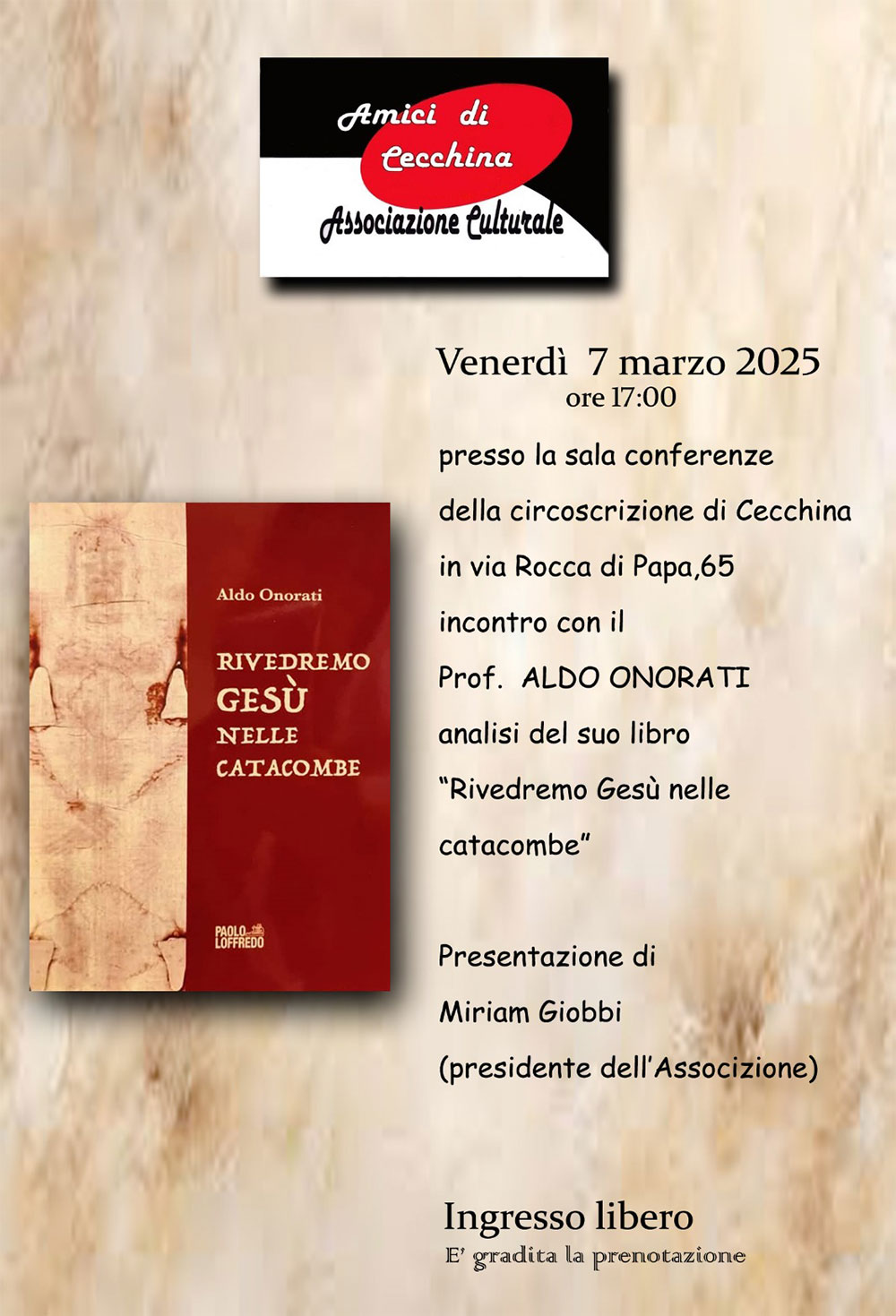 Paolo Loffredo, sixth generation of a large family of publishers and booksellers engaged in the production and distribution of books since the late nineteenth century, creates in 2012 the new editorial company Paolo Loffredo Editore. The historical site was until the '80s in the heart of the historic centre of Naples in Via San Biagio dei Librai, lower Decumano and also known as the SpaccaNapoli.
Paolo Loffredo, sixth generation of a large family of publishers and booksellers engaged in the production and distribution of books since the late nineteenth century, creates in 2012 the new editorial company Paolo Loffredo Editore. The historical site was until the '80s in the heart of the historic centre of Naples in Via San Biagio dei Librai, lower Decumano and also known as the SpaccaNapoli.
At the beginning of the twentieth century, Giuseppe Loffredo decided to add book selling to the book production, which definitively imposed itself after World War II with the publication of manuals for the University and for the School that succeeded in establishing themselves soon throughout Italy.
LAST EVENT
"Rivedremo Gesù nelle catacombe"
07 Marzo 2025 - Sala Conferenze circoscrizione di Cecchina - via Rocca di Papa 65, Albano Laziale (RM) - ore 17,00

Indigenous peoples in canadian tv news
ISSN: 2611 -1349
Language: English
Publisher: Paolo Loffredo Iniziative Editoriali Srl

Description
Indigenous peoples in canadian tv news. A corpus-based analysis of mainsteram and indigenous new discourses
TIn contemporary Canada, what non-Indigenous people know (or assume) about Indigenous peoples comes from TV news. For years, the media have played a significant role in circulating biased representations of Indigenous peoples, acquired from colonial discursive constructions of the ‘Indian’. At the same time, in Canada’s varied mediascape, master narratives and counter-narratives interfere with and interrupt each other. The struggle to gain the power to ‘represent’ is constant and leads to ongoing conflict between those who are being illegitimately objectified on TV and those who want to represent them. In light of this, by focusing on the genre of newscasts, this book attempts to identify and uncover the linguistic phenomena that characterize different stances in the representation and self-representation of Indigenous peoples in contemporary Canadian TV news discourse, from a Critical Discourse perspective, using Corpus Linguistics tools. The study proposes an analysis of mainstream and Indigenous news stories, aired in the years 2012-2013 during the so-called #idlenomore national revolution, by three widely accessible news providers: the Canadian Broadcasting Corporation (CBC), CTV Television Network and APTN, the Aboriginal Peoples Television Network. While CTV and CBC are identified as carriers of dominant discourses and representations, APTN is not merely a network broadcasting Indigenous stories, but it is made for and by Indigenous peoples. The newscasts, arranged into two specifically designed corpora, are examined in order to spot linguistic preferences, and state whether an alternative, ‘postindian’ form of news discourse is possible, what viewpoints it reflects and how it aligns or dis-aligns with hegemonic discourses on the ‘Indian’.














